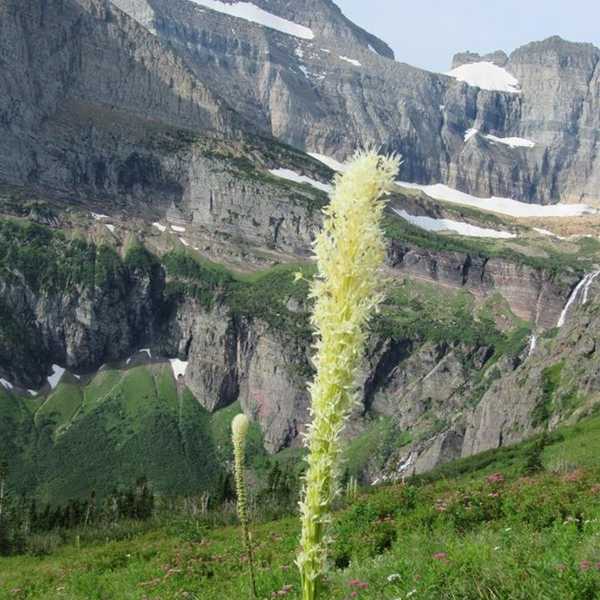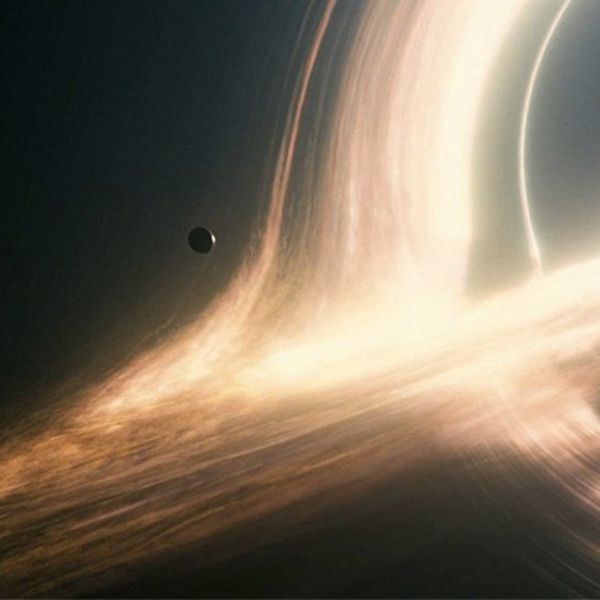"In 1980 the world emitted a little less than 20 gigatons (1 billion tons) of CO2 into the air every year. Today we emit around 34 gigatons, and if things keep going up, by 2040 we'll be emitting 43 gigatons of CO2 per year, and that's very bad," said Ellen Williams, a former chief scientist at British Petroleum and current director of government energy program ARPA-E (Advanced Research Projects Agency-Energy).
Williams spoke to my global energy crisis class this past week to discuss why we use all the energy we do, how we can use more renewable sources and her work for the government directing ARPA-E.
Williams was the director of the Materials Research Science and Engineering Center at the University of Maryland before taking a leave of absence in 2010 to become a chief scientist at BP. In 2013, President Obama elected Williams to be the director of ARPA-E. She also became a senior adviser in the office of the secretary of energy while awaiting Senate confirmation of her position at ARPA-E.
Coming from someone who has worked with a presidential administration that has made a conscious effort to reduce carbon emissions and promote renewable energy, some of the facts Williams presented about environmental costs from carbon emissions were more daunting than anything else. "Once CO2 is in the air it stays there for a long time, hundreds of years, it's not just going to go away if we stop emitting CO2. We keep on doing what we're doing, and if the projection stays on track, we'll be at 800 parts per million [of CO2 in the air] by the end of the century, which is disastrous," Williams said.
What’s causing most of the CO2 emissions to reach such astronomical numbers is the use of coal for energy production. “Coal accounts for 16 percent of United States energy use and 37 percent of United States electricity comes from coal. We have plenty of it within our borders, and it’s cheap to mine. Since Coal is mostly carbon, it has higher CO2 emissions per GJ than oil or natural gas," said physics professor Sarah Eno of the University of Maryland.
According to the charts Williams displayed to my class, the future of energy and the polar ice caps seems less and less encouraging, especially with someone who believes that global warming is a hoax about to be our president. President Elect Trump wants to jump-start a coal industry that won't be doing the environment any favors. It's not as if this is the path we have to take, it's just the one we're on.
The amount of energy that humans are projected to use in the next century, "is not required, and technically does not have to happen," said Williams. "We can, I hope, meet the world's need for energy without destroying our environment."
In 2008-2009, the recession virtually leveled off developed nations' (USA, Japan, Germany, France, Canada, etc.) use of crude oil and fossil fuels. Developed countries found it cheaper to use renewable energy sources and natural gasses within their country rather than importing oil from far away, hence why it is emissions from developing countries that pose the greatest risk of damage as they continue to grow. If developing nations stay on pace with their current levels of CO2 emissions, they will push us all over the edge, which makes it crucial to find cheaper and cleaner energy sources rather than 'dirtier' energy sources for developing nations to use.
Thanks to scientists like Williams, we have technology that is able to produce the same levels of energy while reducing carbon emissions. Using more solar, wind, hydropower and nuclear power is much cleaner than burning coal and other fossil fuels. "These new technologies can be more attractive than fossil fuels; the price of wind right now is very competitive with electric power produced from natural gas and coal. Solar is also getting there," Williams said.
What ARPA-E is doing to help this situation is "advance these new technologies in ways that are economically competitive. We want them not only to be something you use because you're concerned about CO2, but also because it's good for you, you like it, it's cheaper, it's better, it's cleaner," Williams said.
Williams had mentioned earlier that the process to drill for oil on land costs hundreds of millions, and offshore drilling rigs cost over a billion dollars to construct and operate. With the price of wind energy 'very competitive,' I asked her how much cheaper it is to build an offshore wind farm compared to an offshore oil rig, and if there were any differences in efficiency, "Wind turbines are nowhere near as expensive as oil and gas rigs offshore. [Wind Turbines] are much more efficient because the winds blow stronger and steadier all the time. Places like northern Europe where they have really strong offshore winds do very well," Williams said.
So, given that it's much cheaper, cleaner, and even more efficient, why aren't more nations turning to wind as a primary source of energy? "The United States has seen pushback because people don't want to see wind turbines in the view from their vacation homes," Williams said.
At ARPA-E, Williams said her program is challenged with taking risks when coming up with new ways to generate energy. Some of the innovative technology ARPA-E has funded includes airborne wind turbines, a substance derived from plant matter with a surface so slippery it can be used to improve how a ship cuts through water, and improved batteries capable of storing solar energy that is generated during the day, but not available at night.
Of all the ARPA-E funded projects she mentioned, Williams noted that "we think that airborne wind turbines may be a better alternative to stationary wind turbines. Airborne turbines can fly from barges for increased area coverage, and their visibility from the shore is much smaller."
The airborne turbine was quickly purchased by Google X shortly after a demonstration of the product. Williams said they are in the process of commercializing the turbine and it should be available to the public within the next few years.
Wiliams made it clear the way CO2 emissions are trending is not positive. If we want to invest in technology to slow emissions down the option is there. However, like the program Williams directs, the new president cannot be afraid to take risks when it comes to new sources of energy. Construction and operation of wind farms are just as capable of creating new jobs as a coal mine or oil field. With wind energy, we can even use some of the negative effects from CO2 emissions to our advantage. Imagine how much energy could've been captured from Hurricane Matthew, a storm that reached winds of 160 MPH.
When it comes to investing in energy we must keep the well being of the planet in mind; it's not just about us living here now. It's about the future generations to come; they're going to have to live here too. And I for one, do not want my house in the middle of the Vineyard to become waterfront property in 80 years.





















